Organic Wines
Organic wines can only be produced from grapes that are grown without any chemical additives. This means chemical herbicides, pesticides, and fungicides are prohibited in the vineyard and winemakers cannot use chemical-based colour or flavour enhancers in the winery. Instead organic producers use alternatives such as manure and natural grazers like sheep to control weed growth. The demand for organic red wine, organic prosecco, and organic white wine has been surging lately, making it one of the most popular wine choices today.
Different Definitions Of Organic Wines
Something that can be confusing about organic wines is that different places have different definitions. In Europe and Canada an organic wine has to be made with organically-grown grapes, but winemakers are allowed to add sulphites. In the US winemakers are prohibited from adding sulphites and must only use grapes grown organically. Most regions have organic certification programmes such as the USDA National Organic Program and the EU's official certification.
Key Organic Wine Regions
Organic wines are made all over the world, but there are some regions where the practice is especially common. The top producers of organic wines are France, Spain and Italy which together make around 80% of the world's organic wines. Organic Spanish wines have become particularly important with organically-farmed vineyards there growing 522% by area over the past decade.








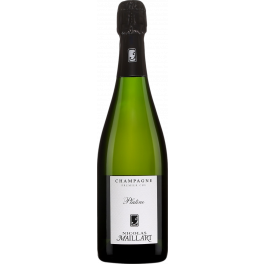

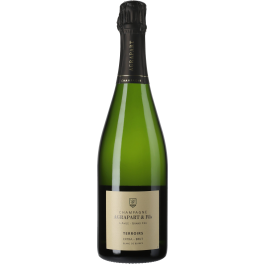



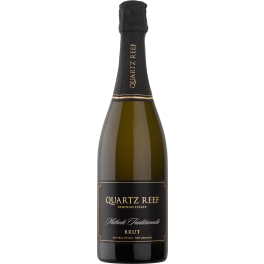
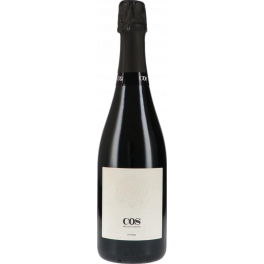
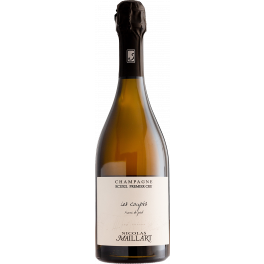
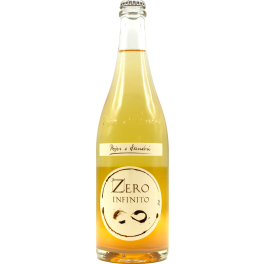

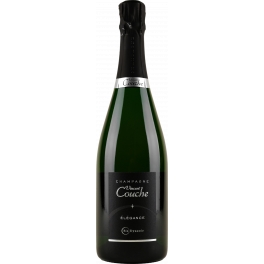
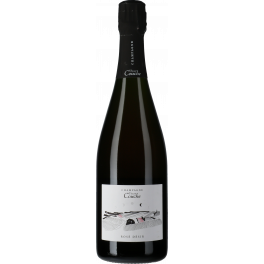

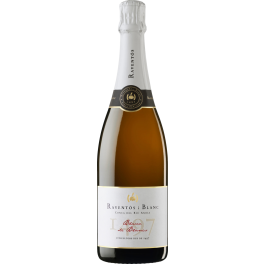
communication en speed ol service